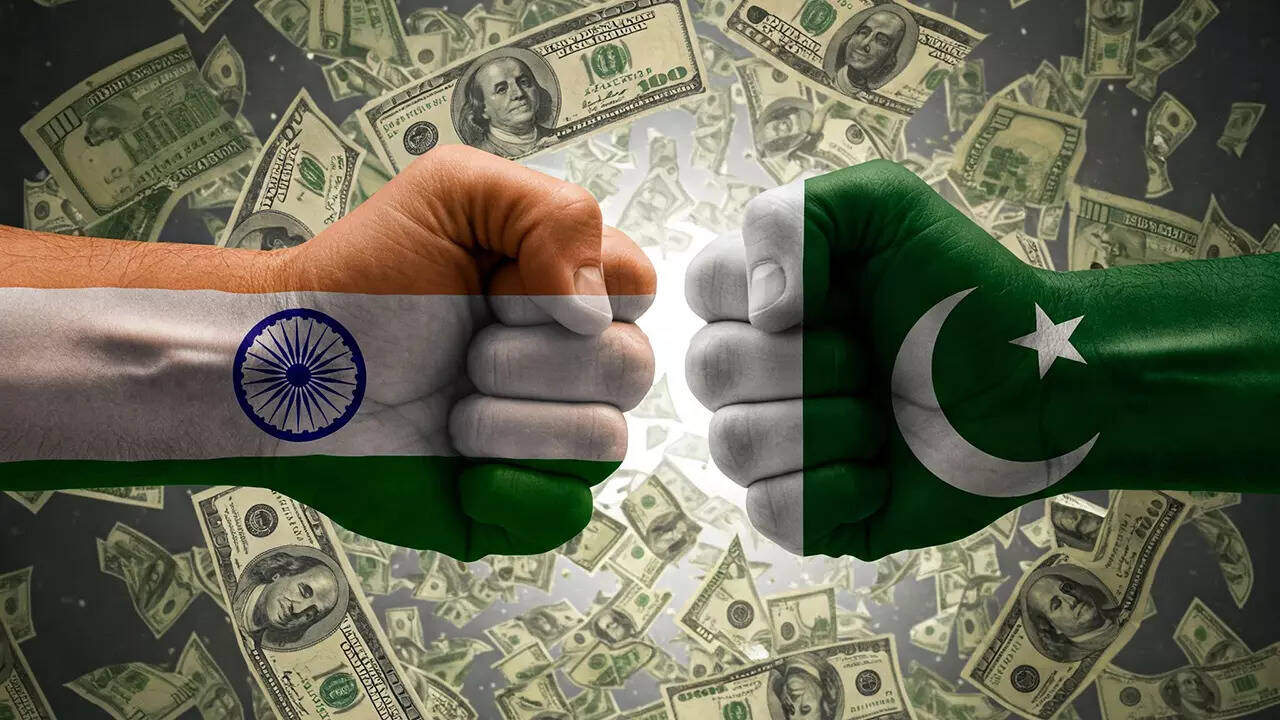How Trump’s mandate on ‘biological truth’ could hurt transgender activism in South Asia

Join our WhatsApp Community to receive travel deals, free stays, and special offers!
- Join Now -
Join our WhatsApp Community to receive travel deals, free stays, and special offers!
- Join Now -

In 1952, Christine Jorgensen’s arrival in New York after undergoing sex reassignment surgery ignited a media firestorm. Headlines buzzed with fascination and intrigue as she became one of the most written-about figures of the time. Jorgensen’s story wasn’t just about her transformation: it sparked a cultural reckoning.
It marked one of the first times the American public displayed any level of acceptance towards an openly transgender individual reshaping the public imagination and challenging rigid gender norms.
The moment unfolded against the backdrop of a society grappling with profound shifts in gender roles in the aftermath of World War II, which had seen millions of women stepping into the workforce, only to be pressured back into domesticity, while returning male veterans struggled to reclaim their pre-war roles.
Questions about what defined a man or a woman and their places in society fuelled heated debates.
By the 1960s, these tensions helped shape the feminist movement, which actively confronted conservative gender ideals. In this context, Susan Stryker, author of Transgender History, remarked, “Transgender issues have been a touchstone for those debates ever since fate thrust Christine Jorgensen into the spotlight.”
Eliminating non-binary identities
Seventy three years later, on January 20, 2025, Donald Trump marked his return as US president by signing an executive order titled...
What's Your Reaction?
 Like
0
Like
0
 Dislike
0
Dislike
0
 Love
0
Love
0
 Funny
0
Funny
0
 Angry
0
Angry
0
 Sad
0
Sad
0
 Wow
0
Wow
0








































![Today's hottest deals - Kinsley Iron Blue Desk Pot at just Rs.49 [MRP ₹299]](https://savefree.in/uploads/images/202504/image_870x580_680c89dae6fdb.webp?#)















